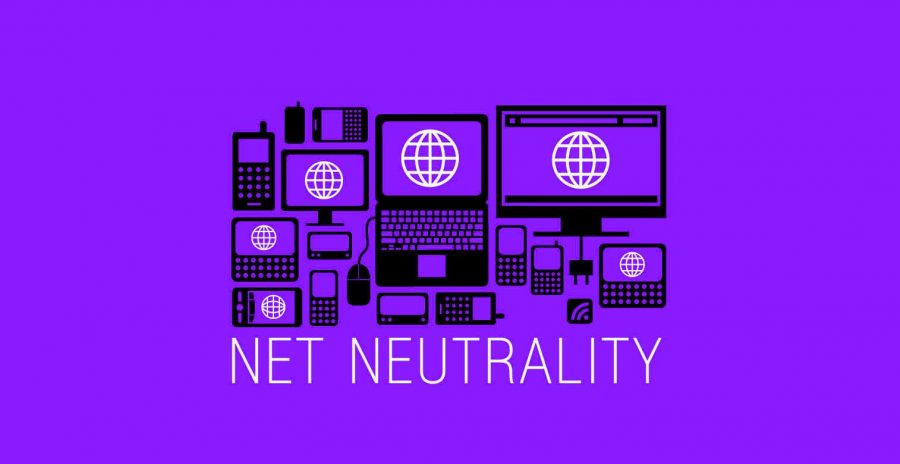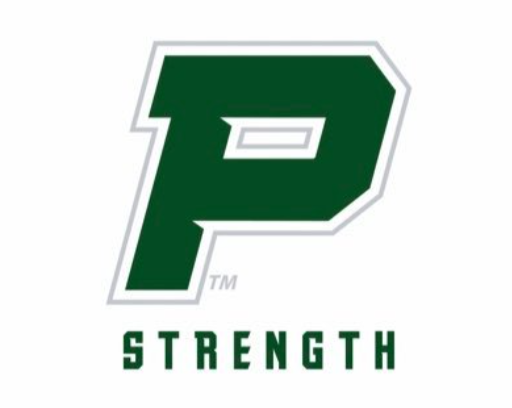Ajit Pai, the head director of the Federal Communications Commision, put a motion in to deconstruct Net Neutrality, which was passed by the FCC on December 14th. During the Obama Administration, Net Neutrality was classified under the Title II of the Communications Act, which means that Internet Service Providers, or ISPs, are unable to control how a consumer uses their data. However, with the repeal of this regulation, ISPs can limit the amount of data a person uses for streaming video or could block specific contents.
The FCC claims they are lifting this regulations in order to create a “free market”; however, this is clearly not the case because ISPs will then have the ability to block competitors website alongside the ability to charge more for the same services people recieve now. Pai states that these are just hypothetical situations, but many ISPs have already proven that they are willing to extort the system in order to benefit themselves. For examples, AT&T, Sprint, and Verizon, between 2011 and 2013, blocked Google Wallet because each of them had a competing app that did the same thing. There are many other examples of ISPs doing this. In order to view them, one can go to Free Press to view a full list of breaches of Net Neutrality by ISPs.
There are many procedures that are being set in place with the FCC’s vote to disband Net Neutrality. For example, congress will now be able to repeal this action in following months. It will also be moving to the court system because of the shady tactics that the FCC has employed in their anti-Net Neutrality campaign, such as pushing the vote forward without giving the opportunity for the public to speak on the subject at the vote and using dead people’s names in order to submit negative Net Neutrality comments on their website. There is also speaks in congress to pass a Net Neutrality law, which would make Net Neutrality much more difficult to disband in the future. Senator John Thune has called upon fellow state Senators to band together with him to pass a law regarding Net Neutrality.
“If my colleagues on the other side of the aisle and those who claim to support net neutrality rules want to enshrine protections for consumers with the backing of the law, I call on you today to join me in discussing legislation that would do just that,” Thune said.








